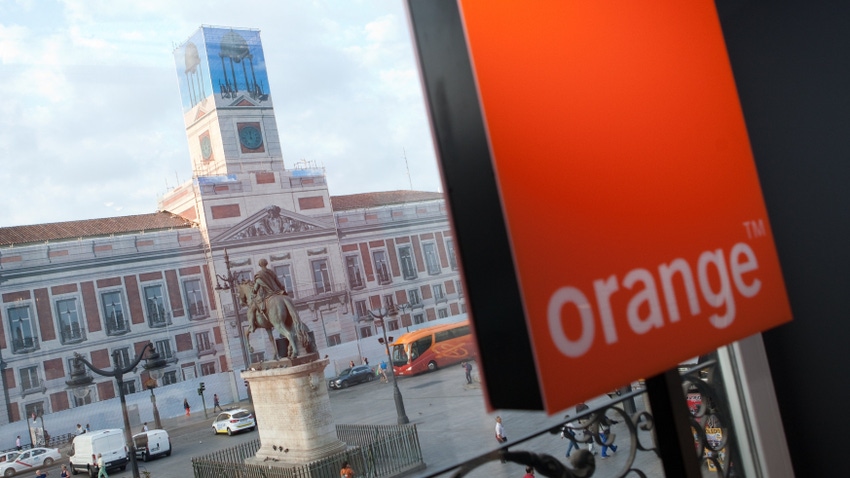Digi confirms Spanish mobile deals with Orange and MasMovil
Digi Communications has signed agreements with MasMovil and Orange that will see it pick up spectrum assets and a roaming deal, presuming the pair get the go ahead for their proposed merger in Spain.
December 13, 2023

Such a move has been rumoured for some time. Orange and MasMovil have been working on a new proposal to send to the European Commission, including the competition remedies it doubtless requires, in order to re-start the approval process that was halted back in July. Digi, meanwhile, was always the most likely candidate to acquire parts of the merged entity, being the market's fifth-largest operator on the fixed and mobile sides.
News outlets inside and outside Spain were awash with talk of a Digi deal a fortnight ago and now we know that those reports were correct. However, the details of the deals Digi has now disclosed show that they are slightly smaller in scale than some had expected.
The agreement it has inked with MasMovil covers the transfer of spectrum licences. Specifically, it will pay €120 million for 2x10 MHz of 1800 MHz frequencies, 2x10 MHz at 2.1 GHz, and 20 MHz at 3.5 GHz. The total purchase price includes a conditional element worth €20 million, Digi said, but did not elaborate on the conditions.
Separately, Digi said it has brokered an option agreement with Orange Spain that covers roaming. Essentially, Orange has agreed to provide Digi with a national roaming service that would enable it to access its mobile network – using all available technologies – to extend its own coverage.
Both deals "are subject...to the completion of the transaction between Orange and MasMovil, which requires the approval of the European Commission," Digi confirmed.
However, the deals do not cover the transfer of mobile network assets from either party to Digi, something that Spain's The Objective, and other news outlets, claimed would be included. The acquisition of network assets would speed up the expansion of Digi's footprint, and therefore its competitive presence as a fourth mobile network operator, which would surely have found favour with Brussels.
There was also talk of any deal between MasMovil/Orange and Digi including a fixed network element, again something that would have boosted the recipient's presence in the broadband market. Digi is rolling out fibre, but its market share on the fixed broadband side is not large enough to be split out in the regulator's data. According to the latest numbers from the CNMC, the big four operators – Telefonica, Orange, MasMovil and Vodafone, in that order – accounted for almost 93% of the market. Digi is still categorised as 'other.'
The European Commission will doubtless look at the fixed market as well as the mobile space in making its decision on whether or not to allow the merger to proceed. The case will be back on the desks of the relevant people at the Commission pretty soon, now that Orange, MasMovil and Digi have signed on the dotted line. But it could still be some time before we know whether their remedies will be sufficient to ease competition concerns.
Once the regulatory process restarts, the Commission will have 50 days to publish its decision, which could take us well into next year.
About the Author(s)
You May Also Like











_1.jpg?width=300&auto=webp&quality=80&disable=upscale)


.png?width=800&auto=webp&quality=80&disable=upscale)